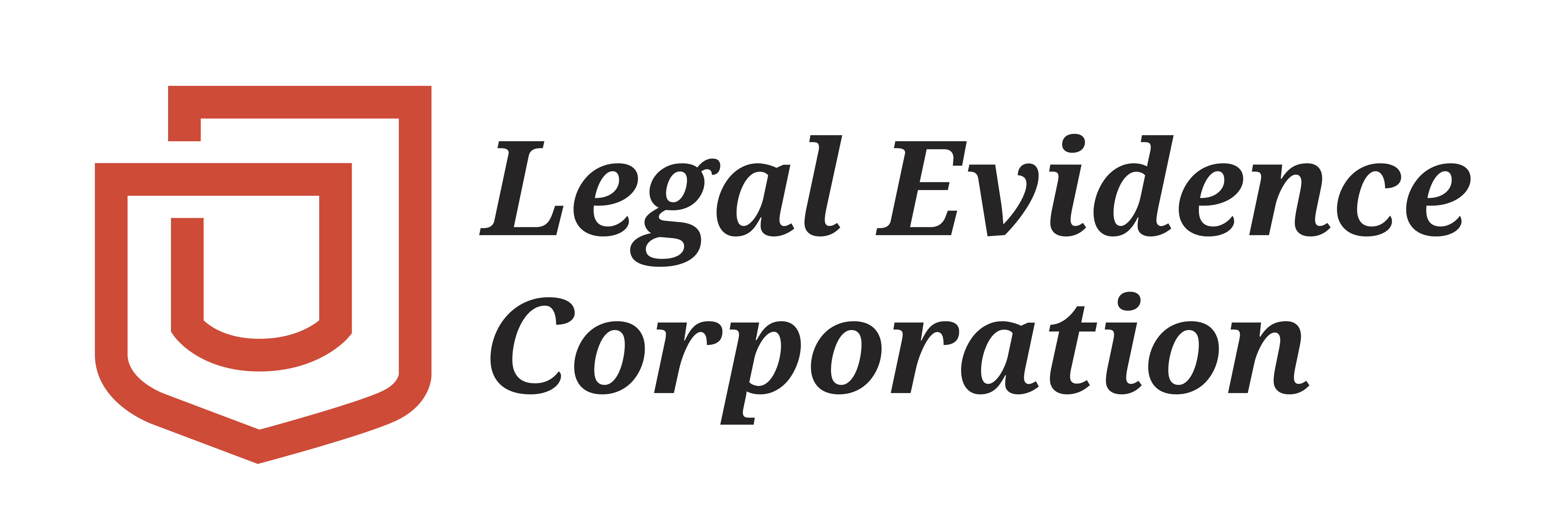 Legal Evidence Corp The field of Digital Forensics, responsible for developing technology and techniques to identify, extract, classify, and preserve electronically stored information has grown dramatically, and only a handful of firms are qualified to meet the court’s mandates.
Legal Evidence Corp The field of Digital Forensics, responsible for developing technology and techniques to identify, extract, classify, and preserve electronically stored information has grown dramatically, and only a handful of firms are qualified to meet the court’s mandates. E-discovery: Potential litigation looming, Now what?
In previous posts we briefly delved into the requirement to preserve and/or produce electronic information for electronic discovery, and the forewarning that the failure to do so can have dire consequences in the form of facing monetary fines from the Court overseeing the matter. This post aims to provide more in depth information regarding spoliation laws so that lawyers and clients do not fail to preserve a litigation hold which may bring sanctions that may entail substantial fines.
Courts may issue sanctions when spoliation (destruction of evidence) appears to be inadvertent, without any malicious intent, or without knowledge of e-Discovery laws. Very early into their burgeoning legal careers is when law students may be introduced to the Latin concept of “Ignorantia juris non excusat” which roughly translates to ignorance of the law excuses not. This legal principle generally holds that when an individual violates a law they were unaware of, they may not escape liability merely because he or she was unaware of its content. Although it is typically applied to criminal statutes, it has some relevance here.
Under the rules of civil procedure, courts have broad discretion to impose a variety of sanctions against a party that fails to produce evidence in violation of the civil rules. The limitation to this is that the discovery rules apply only to acts of spoliation that occur during the pendency of a lawsuit or following a court order. Courts also rely upon their inherent power to control the administration of justice to sanction pre-litigation spoliation. This authority allows courts to preserve their independence and integrity, since the destruction of evidence inhibits a court’s ability to hear evidence and accurately determine the facts.



